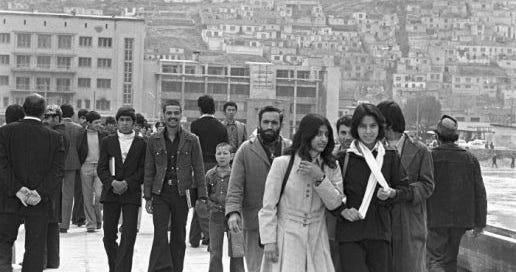Now that they are back in power, what will the Taliban do? Much reflection on the question is influenced by the Taliban’s well-deserved ill fame in harboring terrorists and in violating the most fundamental rights of women and girls.
But perhaps we should proceed with caution. The Taliban is not Al Qaeda nor the Islamic State of recent notoriety. In fact, I came across reports that maintained that the Taliban was fighting Al Qaeda, while the U.S. government was supporting Al Qaeda and similar thugs in the pursuit of its amoral objectives in the region.
The world is different today than it was when the Taliban were last in power. China has forged an alternative road to economic ascent, different from the path of conquest and superexploitation forged by the European colonial powers, characterized by mutual beneficial relations among nations. In this project, China has the cooperation of Russia, key nations in East Asia and the Middle East, the Non-Aligned Movement, G-7…


